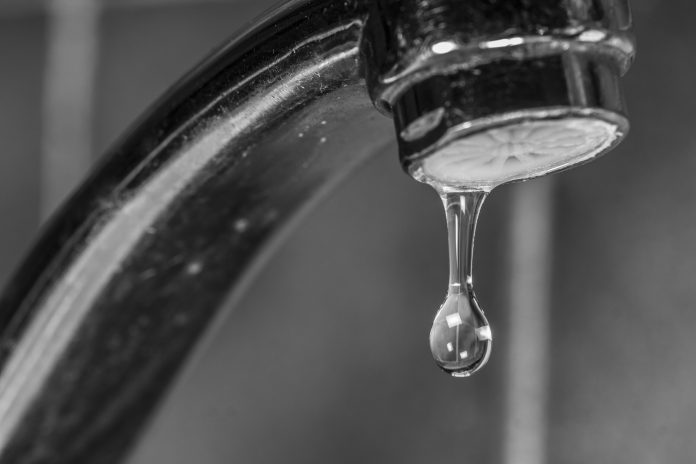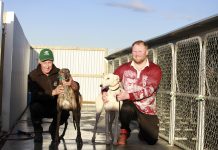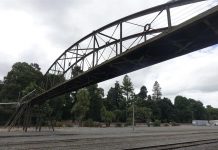
Canterbury’s regional councillors are calling for less talk and more action after private wells in the Selwyn exceeded safe levels for nitrates in drinking water.
Former chairperson Peter Scott echoed the thoughts of several of his colleagues when he said there has been ‘‘too many talkfests’’ on water quality.
A Selwyn pilot study tested 18 private wells, with eight found to have nitrate-nitrogen levels exceeding the Drinking Water Standards New Zealand maximum acceptable value of 11.3mg per litre, with the highest being 15.2 mg/L.
Councillors received three staff reports on water quality at an Environment Canterbury meeting on yesterday.
‘‘I hope the next council will be more affirmative about the actions it takes,’’ councillor Scott said.
The reports included a pilot study on nitrate-nitrogen and e.coli contamination in private drinking water wells in the Selwyn district, Upper Waitaki water quality results and an update on groundwater levels across the region.
The Selwyn pilot study followed a motion from councillor Vicky Southworth last year.
Land use in the study area was primarily lifestyle blocks, the report said.
The report sets out a multi-agency approach to address the high nitrate levels, working with Mana Whenua, industry, Te Whatu Ora Health NZ, local councils and Taumata Arowai, the water regulator.
It is unclear how much it will cost or who will pay.
Ngāi Tahu councillor Tutehounuku Korako said he was in Glenavy with Te Rūnanga o Waihao ‘‘when the people came together and said we have a problem’’.
High nitrate levels in drinking water in the Glenavy area last year led to the Waimate District Council having to truck water in for domestic use.
‘‘This isn’t anti-farming, this is looking to the future. Are we going to leave this in a better place?,’’ Cr Korako said.
Fellow Ngāi Tahu councillor Iaean Cranwell agreed. ‘‘This issue is real and it’s actually quite scary.’’
North Canterbury councillor Claire McKay said it will take time to get the levels down to ‘‘an acceptable level which the public wants’’.
Fellow North Canterbury councillor Grant Edge said he suspected there were similar issues across the region.
‘‘Nitrate levels have risen across Canterbury and while there are measures in place, the horse has vaulted no matter what we do now and it will take a long time to get it back to where we were pre-land intensification.’’
Selwyn-based councillor John Sunckell said he was reluctant to support changes when the Selwyn-Waihora zone implementation plan had only been fully operational for three years.
‘‘We have a social contract to a whole bunch of people where we have agreed to a set of actions and we need to give them a chance to take effect.’’
Councillor Ian Mackenzie and Deputy chairperson Deon Swiggs said landowners can make ‘‘significant improvements’’ by taking action in their local catchments.
‘‘This council can do a whole lot more by being a little more open about enabling catchment-wide initiatives,’’ Mackenzie said.
“I have been out and spoken to people on the ground and they passionate and want to do the right thing, so how can we enable them?,’’ Swiggs said.
■ ECan estimates there are between 25,000 and 30,000 private wells in Canterbury used for drinking water. Private well owners are responsible for testing their own drinking water. For more information go to taumataarowai.govt.nz/forwater-suppliers/using-an-accreditedlaboratory-to-test-your-drinking-water/. Those on council drinking water supplies should contact their local council if they have any concerns.




